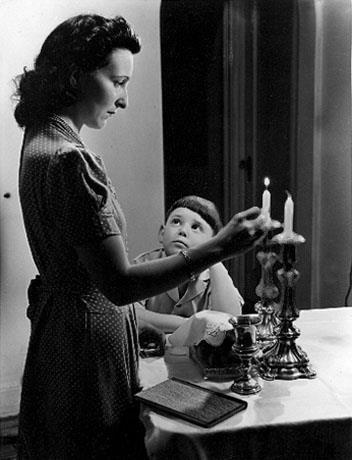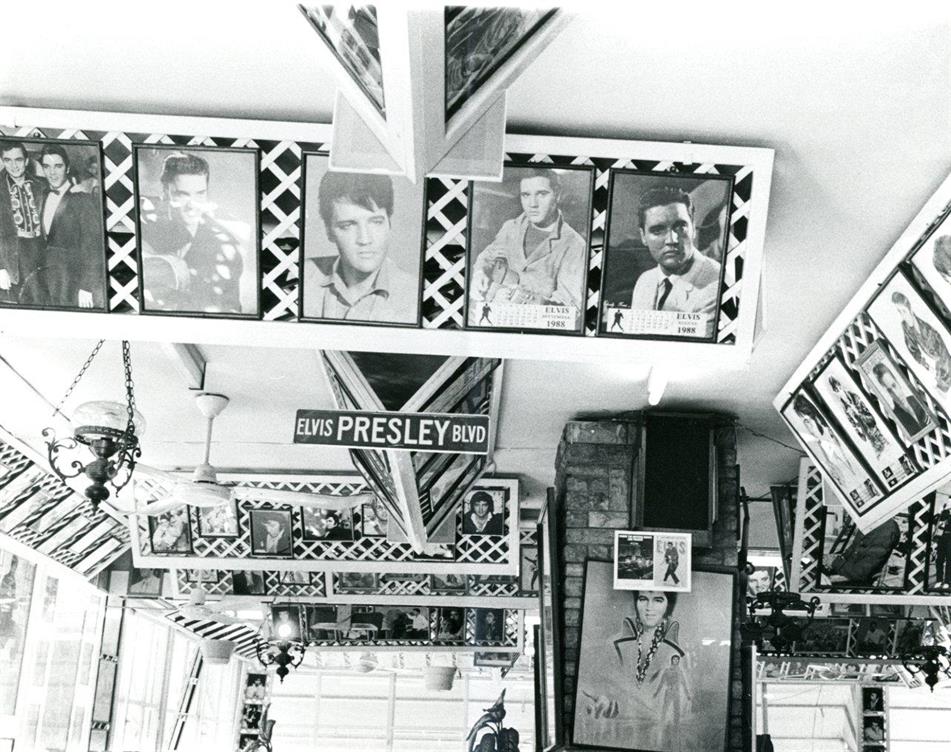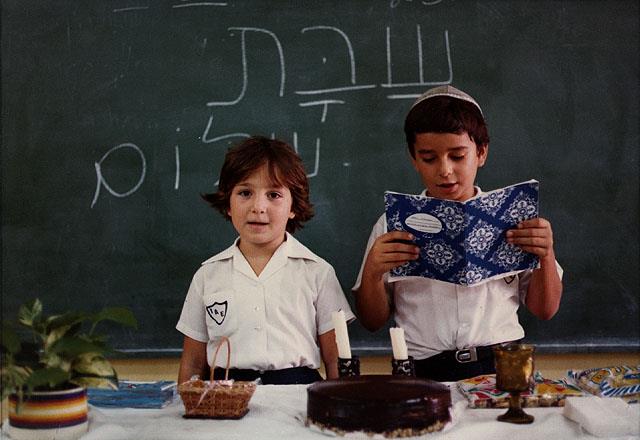In 1993 General Colin Powell visited the State of Israel. Upon meeting then-Prime Minister Yitzchak Shamir, he is said to have greeted the surprised Shamir with “mir kenen redn Yiddish!” (“We can speak Yiddish!”)
Powell, the son of Jamaican immigrants who was born in Harlem and raised in the South Bronx of New York City, did not learn Yiddish at home. Rather, Powell picked up his Yiddish by his interactions with his Jewish neighbors, including serving as a Shabbos goy.
Shabbat is the classic Jewish day of rest, one that is characterized by various guidelines and restrictions that are meant to both emphasize the specialness of the day, and enhance the experience of holiness and restfulness. Those who are religiously observant will take pains to make sure everything is prepared in advance, from the food (because of the prohibition against cooking on Shabbat), to the lighting and temperature (so as not to use electricity)—in short, anything that ultimately ensures that Shabbat can be devoted to prayer, family and friends, and learning. However, if someone forgot to leave a needed light on (or accidentally turned it off), or the oven suddenly shuts off, or the air conditioner breaks on a hot summer day, this day of rest can suddenly turn into one of frustration and privation. Until, that is, the Shabbos goy comes to the rescue.

The Shabbos goy (“Shabbos” is the Ashkenazi pronunciation of “Shabbat,” while goy literally means “nation,” but is most often used to mean “non-Jew”) is a non-Jew who is asked, or is otherwise designated, to perform tasks during Shabbat that a Jew cannot perform. It is a controversial workaround; it is still forbidden, according to Jewish law, to explicitly ask a non-Jew to perform tasks that are not permitted to be done on Shabbat. As a result, those who do find it permissible to use a Shabbos goy in the first place must make their requests via strongly-worded hints. Nonetheless, the Shabbos goy can be an indispensable part of the Shabbat experience.
There are no official qualifications to be a Shabbos goy, other than having Sabbath-observant neighbors and a willingness to help them out in a pinch. But while anyone can be a Shabbos goy, some Shabbos goys have been particularly notable. None other than Elvis Presley, the King of Rock and Roll himself, served as the Shabbos goy for his upstairs neighbors, Rabbi Alfred and Jeannette Fruchter, when he was a teenager in Memphis, Tennessee. The Fruchters would occasionally help the Presleys out with bills, and even lent Elvis their record player for a summer. Elvis, meanwhile, would sometimes act as the Fruchter’s Shabbos goy. While the Fruchters eventually moved away, and Elvis eventually became The King, they later reunited at an Elvis concert, where Elvis introduced Alfred as “my rabbi.”

Other Shabbos goys included the comedian and former host of The Tonight Show, Jay Leno, would go to his Jewish neighbors on Shabbat and shut things on and off; in exchange, his neighbors would help out with errands on Christmas. The eminent Supreme Court Justice, Thurgood Marshall, was a Shabbos goy when he was growing up in Baltimore. Even Presidents Harry Truman and Barack Obama acted as Shabbos goys, helping their Jewish friends and coworkers observe the Sabbath; Obama even offered to open automatic electric doors for a colleague on Shabbat.
Though religious and ethnic communities often existed in different spheres, separate from one another, the Shabbos goy was an opportunity for Jews and non-Jews to meet their neighbors and learn more about each other. In fact, these interactions could have lasting consequences. Mario Cuomo, who served for three terms as the governor of New York, often credited his experience as a Shabbos goy in Queens for giving him greater sensitivity to the needs of religious communities, and the ways in which the government could serve them. The architect and industrial designer Jaap Penraat served as a Shabbos goy for his neighbors in Amsterdam. Later, during World War II Penraat saved over 400 Dutch Jews during the Holocaust by forging documents that allowed them to pose as construction workers and travel to safety.
While the Shabbos goy can play an essential role for his or her Jewish neighbors on Shabbat, it is the interactions between them, and the relationships that are forged, that can have a meaningful impact on both sides. With the help of the Shabbos goy, Shabbat can become more than a day of rest exclusively for the Jewish people. Rather, it becomes a day in which problems are solved, friendships are forged—and a major figure might just get their first fans.
